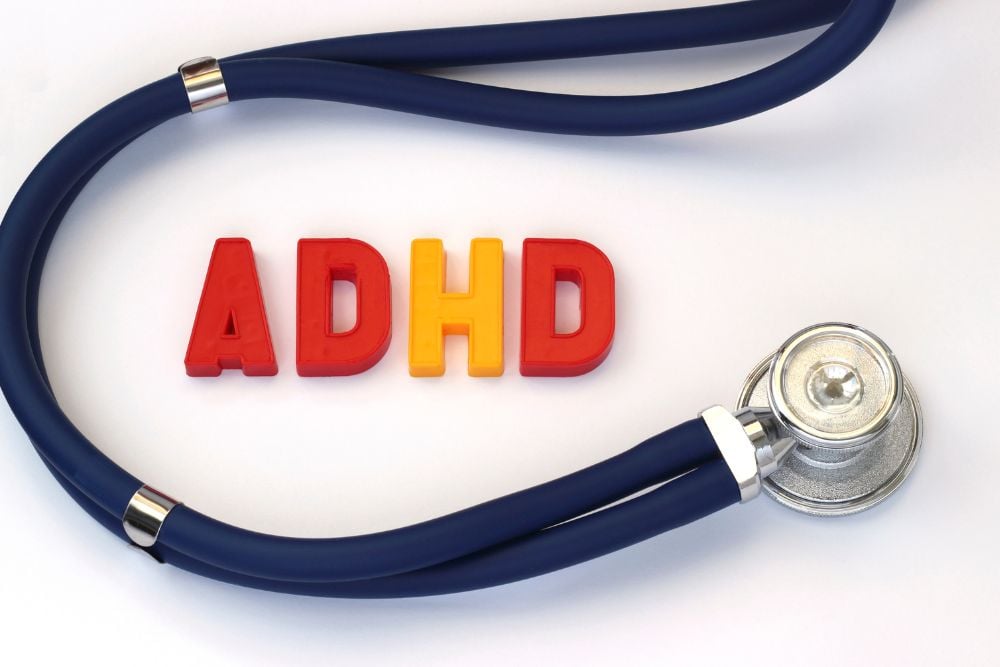Management of ADHD and Medications - DRHC Dubai Psychiatry Clinic
Management of ADHD:
ADHD is commonly managed with medications, often in conjunction with behavioural therapy and other interventions. There are two main categories of medications used to manage ADHD symptoms – stimulant medications and non-stimulant medications. The choice of medication and the treatment plan should be individualized, based on the specific needs and responses of the person with ADHD and determined by a healthcare professional.
Stimulant Medications:
Stimulant medications are the most commonly used and often the first line of treatment for ADHD. They work by increasing the levels of certain neurotransmitters (dopamine, norepinephrine) in the brain, while improving attention and concentration and reduce hyperactivity and impulsivity.
- Methylphenidate-based medications: Most commonly prescribed, examples include Ritalin, Concerta.
- Amphetamine-based medications: Examples include Adderall, Adderall XR, Vyvanse, and Dexedrine.
- Dexmethylphenidate-based medications: Refined form of methylphenidate, examples include Focalin and Focalin XR.
Non-Stimulant Medications:
Non-stimulant medications are an alternative for individuals who do not respond well to stimulant medications, or stimulants are not well-tolerated or have concerns about their potential side effects, or there is history of substance use or have concerns about their addiction potential.
- Atomoxetine (Strattera): This medication affects norepinephrine levels in the brain and is approved for use in both children and adults with ADHD. It is specifically beneficial for those with comorbid anxiety disorders.
- Guanfacine (Intuniv) and Clonidine (Kapvay): These are alpha-2 adrenergic agonists and are often used as an adjunct therapy to treat ADHD, as they help reduce impulsivity, improve focus, and manage symptoms of hyperactivity.
- Bupropion (Wellbutrin): Although primarily used as an antidepressant, bupropion has also shown some effectiveness in managing ADHD symptoms, particularly in adults.
The choice of medication depends on factors such as individual's age, presence of comorbid conditions, duration of action needed, and their response and side effects to previous treatments. The effectiveness and side effects of these medications can vary from person to person. It's crucial for healthcare professionals to carefully monitor the effects of these medications and adjust the treatment plan as necessary.
Medication is one part of a comprehensive treatment plan for ADHD, and behavioural interventions, psychoeducation, and support from family and teachers are often integrated into the overall management strategy.
.png?width=281&height=59&name=bookanappointment%20(1).png)
If you are experiencing any signs and symptoms of a ADHD and Medications, please don't hesitate to contact our best psychiatrist in Dubai at the Dr Rami Hamed Center, Call +97142798200 to Schedule Your Appointment Today. We have the best psychiatry doctor, and our psychiatry clinic is situated in Dubai Healthcare City.




.png?width=281&height=59&name=bookanappointment%20(1).png)
.png?width=1080&height=1080&name=DR%20KIRTI%20(1).png)




